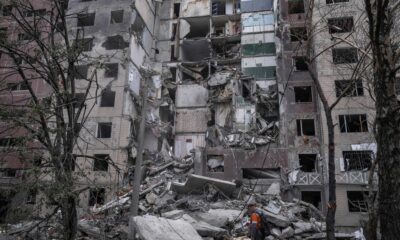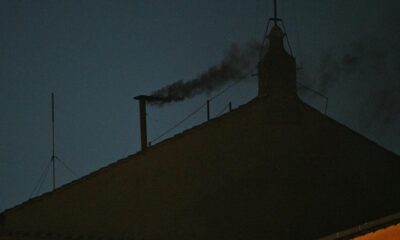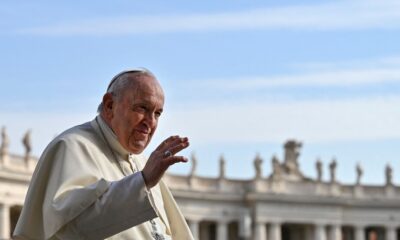Venezuela’s CNE electoral council, under fire after declaring a widely rejected election victory for President Nicolas Maduro, on Wednesday (August 14, 2024) described a U.N. report disputing the outcome as “rife with lies.”
The CNE proclaimed Mr. Maduro the winner with 52% of votes cast in a July 28 poll, without providing a detailed breakdown.
Mr. Maduro’s victory has been rejected by the opposition, the United States, European Union and several Latin American countries.
Anti-Maduro protests in Venezuela have claimed 25 lives so far, with dozens injured and more than 2,400 arrested.
A preliminary report published Tuesday by a panel of U.N. elections experts found the CNE “fell short of the basic transparency and integrity measures.”
The CNE hit back Wednesday, saying the U.N. report was “rife with lies and contradictions” and insisting a “cyber-terrorist attack” has prevented it from disclosing a full breakdown of polling-station-level results after what it termed an “impeccable and transparent electoral process.”
The CNE website has been down since election day.
Venezuela’s foreign ministry has also rejected the U.N. report.
Former opposition leader Enrique Marquez, who also once ran against Mr. Maduro and himself served on the CNE, said Wednesday he would request the prosecutor’s office to launch a criminal investigation into his former colleagues on the electoral council.
Mexico insisted the solution to Venezuela’s post-election crisis could be resolved by it alone.
“This is a matter that belongs to Venezuelans, and what we want is for there to be a peaceful solution to disputes, which has always been our foreign policy,” President Andres Manuel Lopez Obrador told reporters.
He said he had no immediate plans for renewed contact with his fellow leftist leaders in Brazil and Colombia to discuss the crisis, saying he would await a ruling by Venezuela’s Supreme Justice Tribunal, which Mr. Maduro had asked to certify the election outcome.
‘Coup d’etat’
The opposition says its own tally of polling-station-level results showed Edmundo Gonzalez Urrutia, a 74-year-old retired diplomat, had won by a wide margin.
Gonzalez Urrutia and opposition leader Maria Corina Machado, who was barred from running by Mr. Maduro-friendly state institutions, are in hiding after the president accused them of seeking to foment a “coup d’etat” and incite “civil war.”
On Wednesday, Gonzalez Urrutia said the report from the UN panel and an earlier one from the U.S.-based Carter Center “confirm the lack of transparency in the announced results and confirm the veracity of” the opposition’s published ballots, “which demonstrate our indisputable victory.”
A day earlier, the South American country’s national assembly started considering a package of laws to tighten regulations on non-governmental organizations — described by the regime as a “facade for the financing of terrorist actions.”
Other measures seek to increase government oversight over social media, accused of promoting “hate,” and to punish “fascism” — a term often used by Mr. Maduro in relation to the opposition and other detractors.
Debate in the single-chamber assembly is due to resume Thursday.
Since coming to power in 2013, Mr. Maduro has overseen an economic collapse that has seen more than seven million Venezuelans flee the country, as GDP plunged 80% in a decade.
Mr. Maduro’s last election in 2018 was also rejected as a sham by dozens of countries.






































